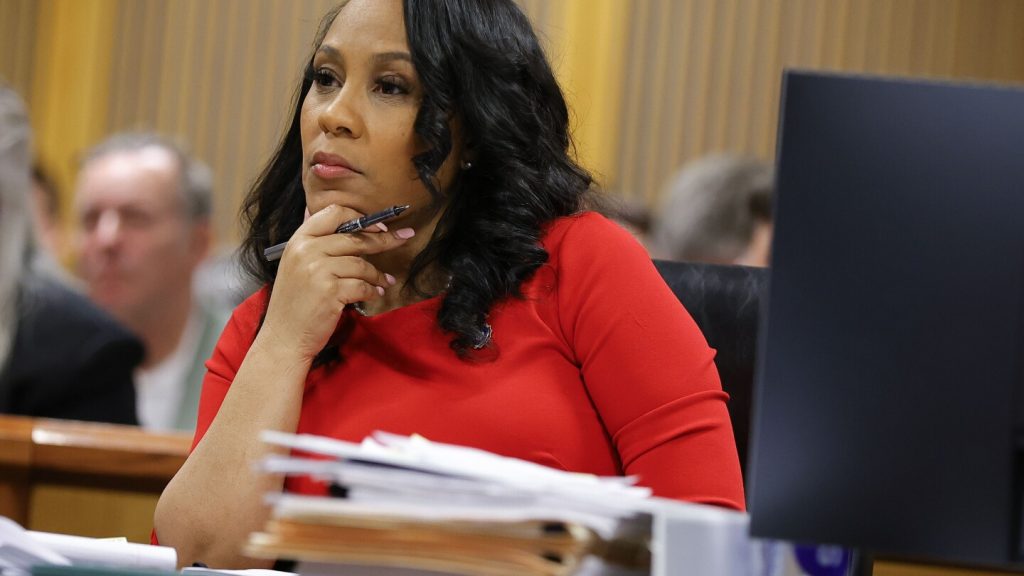Former President Donald Trump and eight other defendants accused of interfering in the 2020 election in Georgia have submitted an application to appeal a judge’s ruling allowing Fulton County District Attorney Fani Willis to remain on the case. The defendants claimed that Willis’s romantic relationship with special prosecutor Nathan Wade created a conflict of interest, but the judge found no conflict that required Willis to be removed. The prosecution was deemed “encumbered by an appearance of impropriety,” leading the special prosecutor to resign. Despite this, the judge granted the defendants’ request to appeal his ruling to the Georgia Court of Appeals.
The case against Trump and 18 others involved in an alleged scheme to overturn the 2020 presidential election is based on violations of Georgia’s Racketeer Influenced and Corrupt Organizations (RICO) law. Intimate details of Willis and Wade’s personal lives were aired in court, overshadowing the serious allegations. Four defendants have pleaded guilty, while Trump and others have pleaded not guilty. The appeal application argues that both Willis and Wade should have been disqualified from the case, with dismissal being the appropriate remedy due to the damage done to the defendants’ due process rights.
The allegations against Willis and Wade first surfaced in a motion in January, claiming that their romantic relationship was inappropriate and that Willis may have benefited from it financially. Although the relationship began after Wade was hired and ended before the trial, the judge found that it created an appearance of impropriety. The defense attorneys argue that Willis’s disqualification is necessary to remove the stain of her improper conduct, as failure to do so could lead to overturned verdicts and multiple trials, which would be costly and divisive.
The defense attorneys also accused Willis of injecting race and religion into the case during a speech at a historically Black church in Atlanta, prejudicing the jury pool against the defendants. They claim that Willis gave untruthful testimony under oath during a hearing, which amounts to forensic misconduct that should disqualify her from the case. The lack of appellate guidance on disqualifying a prosecutor for this type of misconduct is cited as a reason for the appeal. It is argued that prosecutors must remain impartial to maintain public faith in the integrity of the judicial system.
With the complexity of the case and the number of defendants involved, the application emphasizes the need for fairness and impartiality in the legal process. Multiple trials may be necessary, and failure to disqualify Willis could result in overturned verdicts and expensive retrials. The defense attorneys believe that establishing a precedent for disqualifying prosecutors for forensic misconduct is essential for upholding the integrity of the judicial system. The Court of Appeals has 45 days to decide whether to take up the appeal, while the trial judge plans to continue with the case in the meantime.


